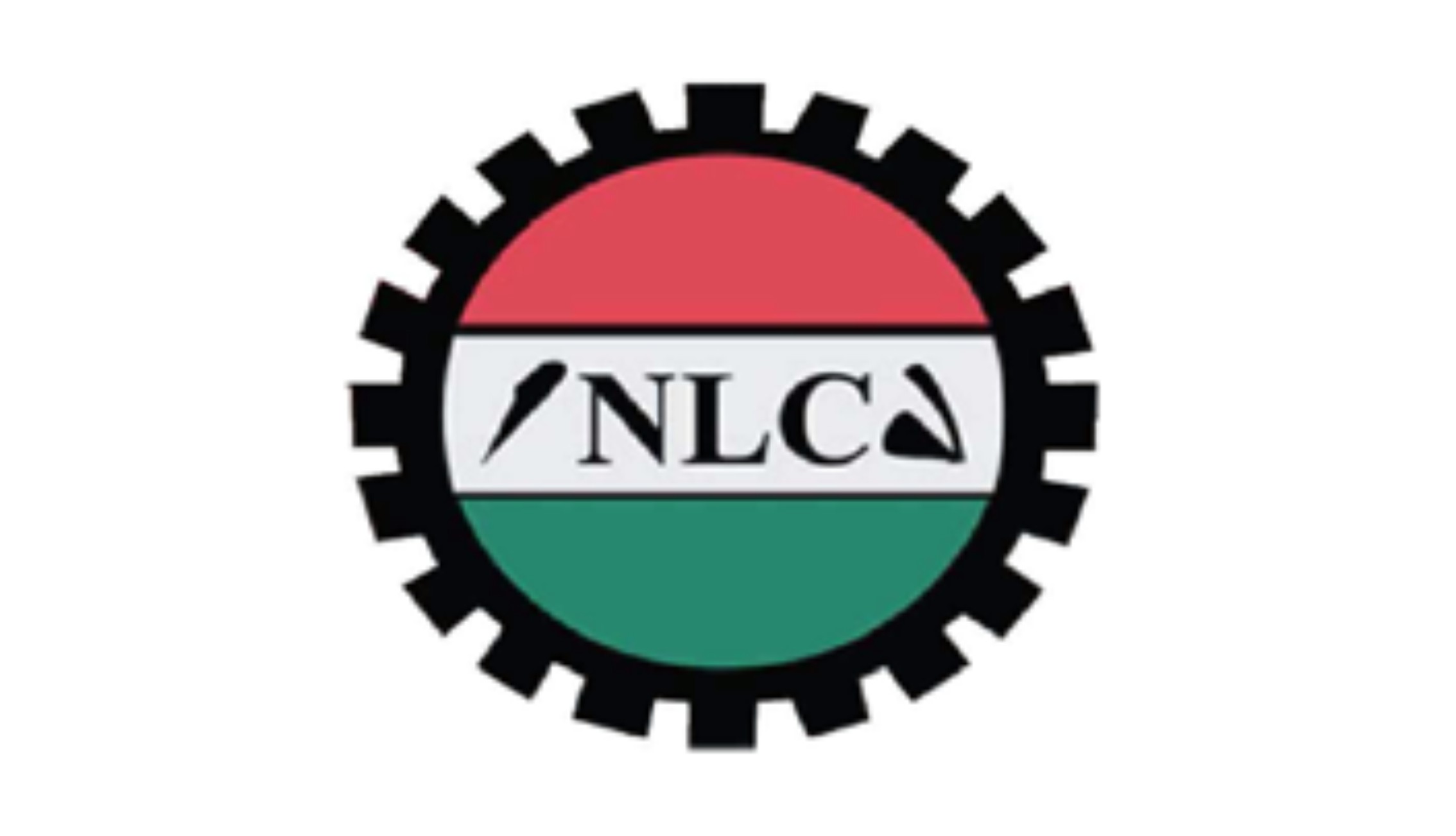Agriculture
Nigeria Spends $1.7bn Annually On Milk Importation -MACBAN
The Miyetti Allah Cattle Breeders Association of Nigeria (MACBAN) has called for adequate budgetary allocation to boost the livestock economy.
According to The Tide’s source, the National President of the association, Baba Ngelzarma, made the appeal, recently, in Abuja.
Ngelzarma said it is disturbing that the nation spent more than $1.7 billion annually on milk importation due to poor attention given to the livestock sub-sector.
“The aspect of livestock production, marketing, transportation, processing, among others, is left in the hands of the pastoralists; the entire value chain of cattle is not harnessed by the government.
“Nigeria has the largest population of livestock compared with neighbouring countries; yet we produce lesser milk due to neglect of the sector”, he said.
Meanwhile, livestock traders at livestock markets in the Federal Capital Territory (FCT) have expressed concern over poor patronage.
Alhaji Yunusa Idris, a cattle dealer and an official at the Mararaba Livestock Dealers Market in Karu Local Government Area, said the poor patronage was due to the removal of petrol subsidy policy.
He said the level of patronage was low compared to 2022 when sales were high due to high demands.
Idris said a big cow cost between N450,000 and N550,000 as against N250,000 and N300,000 while a medium-sized cow, formerly sold at N85,000 and N120,000, now cost between N150,000 and N250,000.
He said the prices of ram had equally increased significantly in the FCT.
“Before now, small-sized rams were sold between N60,000 and N100, 000 each while medium-sized rams were sold within the range of N120,000 and N180,000 each.
“The big-sized rams were sold at the range of N200,000 and N300,000 each”, he said.
A butcher at the Mararaba abattoir, Aliyu Maigudi, said butchers in 2022 could slaughter up to a 100 cows a day as against 50 slaughtered currently.
“Customers are few now; we used to have high patronage that is sometimes overwhelming; but now, the market is not as active as before due to low patronage”, he said.
A buyer, Mallam Inuwa Hassan, who complained about the hike in livestock, said the price of ram had also skyrocketed.
He said the smallest ram was now sold for N100, 000 as against N70,000 in N2022, while bigger ones sometimes sold for as high as N250,000 as against N140,000 to N160,000 in 2022.
In another development, some Stakeholders in the Livestock value chain have lamented that the astronomical rise in the prices of Livestock in the country was negatively affecting their business.
Agriculture
FG, Ogun Distribute Inputs To 2,400 Farmers
Federal Government and the Ogun State Government, on Wednesday, distributed farm inputs to farmers as part of effort to address food security challenge.
The State Director, Federal Ministry of Agriculture and Food Security, Dr. Toyin Ayo-Ajayi, during the flag-off ceremony of Inputs Redemption Under The National Agricultural Growth Scheme-Agro Pocket (NAGS-AP), in Ogun State, disclosed that beneficiaries of the gesture were primarily rice, maize and cassava farmers across the State.
Ayo-Ajayi commended the Ogun State Government for partnering with the government at the centre for the effort in supporting farmers with inputs that would bring about yieldings for local consumption and likely exportation.
She noted that government is supporting rice, cassava and maize farmers with inputs worth N212,000; N189,000 and N186,000 respectively.
The Permanent Secretary in the State Ministry of Agriculture, Mrs Kehinde Jokotoye, who represented the Commissioner in the Ministry, Bolu Owotomo, stated that traditional farmers are critical in food production, hence the need to encourage and support them with inputs that would bring about desired results during harvesting.
Owotomo said: “Let us make good use of this opportunity, so that the success of this phase will make farmers benefit more from the state and federal governments of Nigeria.”
Earlier, State Coordinator, Federal Ministry of Agriculture and Food Security, Dr. Oluwatoyin Ayo-Ajayi, appreciated the present administration for partnering with the federal government for the initiative, adding that the programme is designed to support farmers at the grassroots level in cassava, rice and maize with inputs such as, seeds, pesticides, herbicides and fertilizers, to boost their production and enhance their livelihood.
Agriculture
Niger Allocates 10,000 Hectares For Smallholder Farmers
The Niger State Government has mapped out 10,000 hectares of farmland in Gbapo Community of Katcha Local Government Area of the State for smallholder farmers to benefit from the state government’s agricultural intervention programme.
Two thousand out of the 10,000 holders of the farmlands have already received inputs.
At a flag-off ceremony in Yinti Village, the facilitator of the programme, Shinkafan Nupe, Malam Idris Usman Makanta, assured the farmers of increased distributions to the mapped-out ten thousand (10,000) farmlands if farmers respond positively.
He explained that the commencement of the two thousand is to measure the positive response of farmers before obtaining full-scale support.
Malam Makanta stated that this initiative aligns with the farmers’ initial commitment through Niger Foods, whose mission is primarily geared towards establishing efficient and profitable agricultural businesses to support the present administration of Governor Mohammed Umaru Bago’s quest to boost agricultural productivity in the state.
He also commended Niger Foods for their steadfastness and resilience in the effective implementation of the input financing scheme.
Makanta reiterated the commitment of the State Governor in making judicious use of the arable land in the state.
Shinkafan Nupe, therefore, urged the farmers to support the Governor by using the inputs wisely so that the dream can be actualised.
Agriculture
GO-CARES: Gombe Empowers 573,429 Farmers, Entrepreneurs
The Gombe State Government has empowered a total of 573,429 farmers and entrepreneurs under the 4th phase of the GO-CARES programme.
The programme was officially flagged off by Governor Inuwa Yahaya in another major step towards alleviating poverty and supporting the state’s vulnerable populations.
The Governor, while inaugurating the disbursement in Akko Community of Akko Local Government Area, restated his administration’s commitment to the welfare of vulnerable citizens in the state.
He was represented by the Commissioner for Budget and Economic Planning, Salihu Baba Alkali, who is also the Chairman of the Steering Committee on GO- CARES implementation.
“The 4th phase of GO-CARES will directly and indirectly impact a total of 573,429 citizens across the state. Of these, 152,429 individuals will benefit directly through cash transfers, livelihood grants, agricultural inputs, and operational grants to small businesses”, he stated.
The Governor added that, “421,000 people will be indirect beneficiaries through infrastructural projects such as classroom blocks, healthcare facilities, WASH services, and rural infrastructure projects like culverts and drainages”.
Yahaya, reaffirmed his commitment to ensuring that the state’s most vulnerable citizens are not left behind in the state’s development.
According to him, “Earlier this year, on June 25, 2024, we flagged off the distribution of improved seedlings, fertilizers, and herbicides to less privileged farmers in Malam Sidi, Kwami Local Government Area, signaling the commencement of the 4th phase implementation of GO-CARES under Result Area 2”.
The Governor reiterated that these initiatives have had a significant impact on the livelihoods of beneficiaries and the overall agricultural sector.
He explained that, “Today’s ceremony marked the simultaneous launch of activities under all three GO-CARES Result Areas for the 4th phase. These areas include: State Cash Transfer Grants: 2,500 direct beneficiaries; Labour Intensive Public Works: 2,700 direct beneficiaries; Livelihood Grants: 10,000 direct beneficiaries; and Basic Services: 405,000 indirect beneficiaries”.
-

 Niger Delta5 days ago
Niger Delta5 days agoRivers Begins, Supplemental Polio Vaccination, Morrow
-

 Featured5 days ago
Featured5 days agoRSG Commits To Workers’ Welfare …. Calls For Sustained Govt, Labour Partnership
-

 Nation5 days ago
Nation5 days agoHYPREP Inducts 100 Ogoni Youths For Creative Arts Training
-
Rivers5 days ago
Citizenship Participation Key to Achieving True Democratic Government
-
Rivers5 days ago
Obi Donates 80 Desks To Schools In Etche
-

 Featured5 days ago
Featured5 days agoLabour Unions In Rivers Call For Improved Standard Living For Workers
-

 News5 days ago
News5 days agoNBA President Sues For Workers’ Protection, Better Wage
-

 News5 days ago
News5 days agoAdeleke Approves N4bn Bond To Clear Pension Arrears

